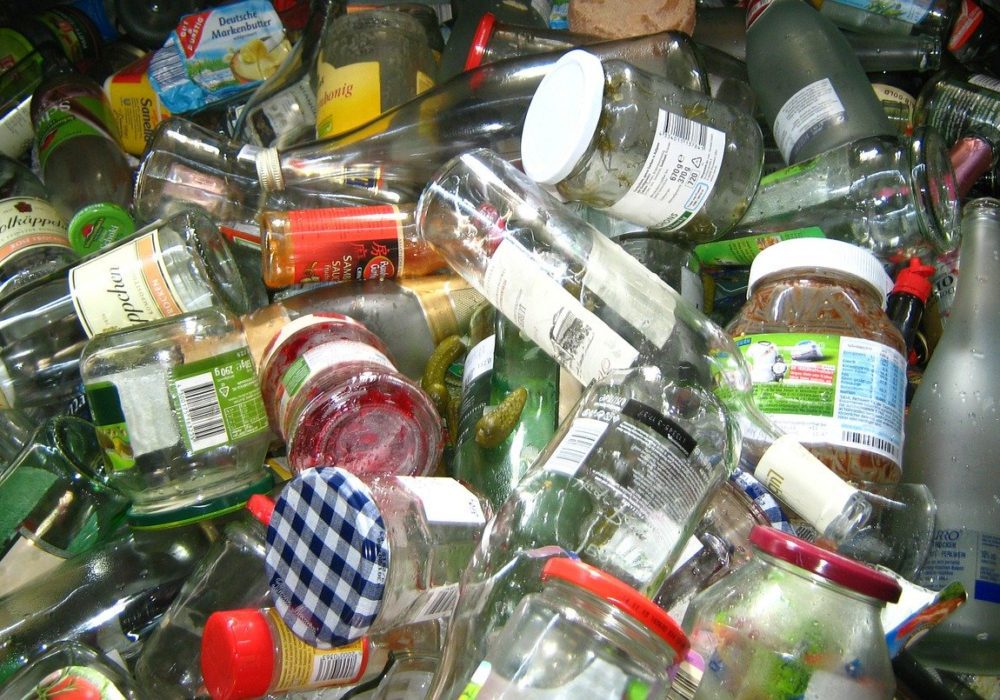
During October, DEFRA introduced a ground-breaking new Environment Bill to parliament, prioritising eco-friendly strategies and outlining nationwide initiatives on environmental issues.
One of the bill’s big talking points is how waste management can be improved to promote more responsible disposal of domestic rubbish – something that could have a massive impact on local authorities.
Let’s take a look at how the Environment Bill could shape waste management strategies, and why it pays for councils to get ahead of the game and start innovating now…
What waste management changes does the Environment Bill outline?
Waste reduction is one of the government’s four key targets, and the Environment Bill has set out some specific objectives to support this through the way household refuse is collected.
The bill states:
- Recyclable waste must be collected separately from general household waste, in order to either be recycled or composted
- All relevant glass, metal, plastic, paper and card, food waste and garden waste is classed as recyclable
- Food waste must be collected at least once a week
- Additional charges can be considered to enable certain waste collection services, and also initiatives to promote and improve recycling e.g. bottle deposit return schemes
At a national level, the bill also proposes that electronic systems should be implemented to track relevant waste, to provide transparent information regarding its movement, transfer and processing.
The aim is to create a framework that transforms the way waste is managed, to increase consistency of recycling services, tackle waste crime, and reduce the environmental impact of certain materials, such as single use plastics.
What does this mean for local authorities?
While many councils are already on the pathway to providing waste management services as outlined by the bill, recycling is not consistent across every local authority in the UK.
DEFRA already called for greater recycling consistency earlier this year, as confusion over what can and cannot be recycled often leads to apathy among local residents – and the inconsistency blocks the opportunity for region-wide campaigns. However, achieving this may mean that waste management teams need to add further materials to their collections – and this must be managed carefully in order to provide a reliable service.
It’s also important to factor-in the time and education it will take to change community waste disposal habits. Local authorities need to stay extremely efficient and disciplined in the provision of new waste management services, and also develop strategies for how they will deal with enquiries and requests from local residents as they get used to new systems.
Finally, councils need to consider how they can accommodate changing waste management policies in the most time and cost-efficient way possible, to ensure that new services don’t cripple their budgets. There is an opportunity to introduce some chargeable services in order to offset rising costs, but these need to be considered carefully to minimise the risk of upsetting the community, and avoid increasing fly-tipping rates.
How can local authorities meet new waste management policies?
The first step to embracing changes to waste management policies is to ensure that current service operations are running seamlessly, and teams can quickly adapt to new requirements. For local authorities to achieve this, comprehensive waste management software is often the most effective solution.
Municipal waste management technology centralises all workflow processes, making it much simpler to run an efficient waste management operation. Data can be easily shared amongst the team, and digital instructions issued to collection crews, to cut the time and effort it takes to coordinate rounds – as well as reducing paperwork. It also establishes a solid platform through which changes can be introduced.
In addition, a good waste management platform gives staff in the field the power to report back on how collections are progressing, and to address any challenges in real-time. They can also identify which neighbourhoods are adhering to waste management protocol, and which locations could benefit from additional support.
Having the flexibility to understand and respond to waste management issues is important today, but it will become even more important tomorrow, when local authorities are expected to collect as many recyclable materials as possible, with penalties for those who fail to follow changing legislation.
Investing in the right municipal waste management platform sooner rather than later will enable council waste management teams to explore the software in a low-pressure environment, making positive changes before the Environment Bill has been passed. This way, they are on the front foot and can rest assured that changing legislation won’t cause collection chaos.
Improve the way your team manages refuse collections and recycling with Whitespace municipal waste management software. Book a free demo today.
